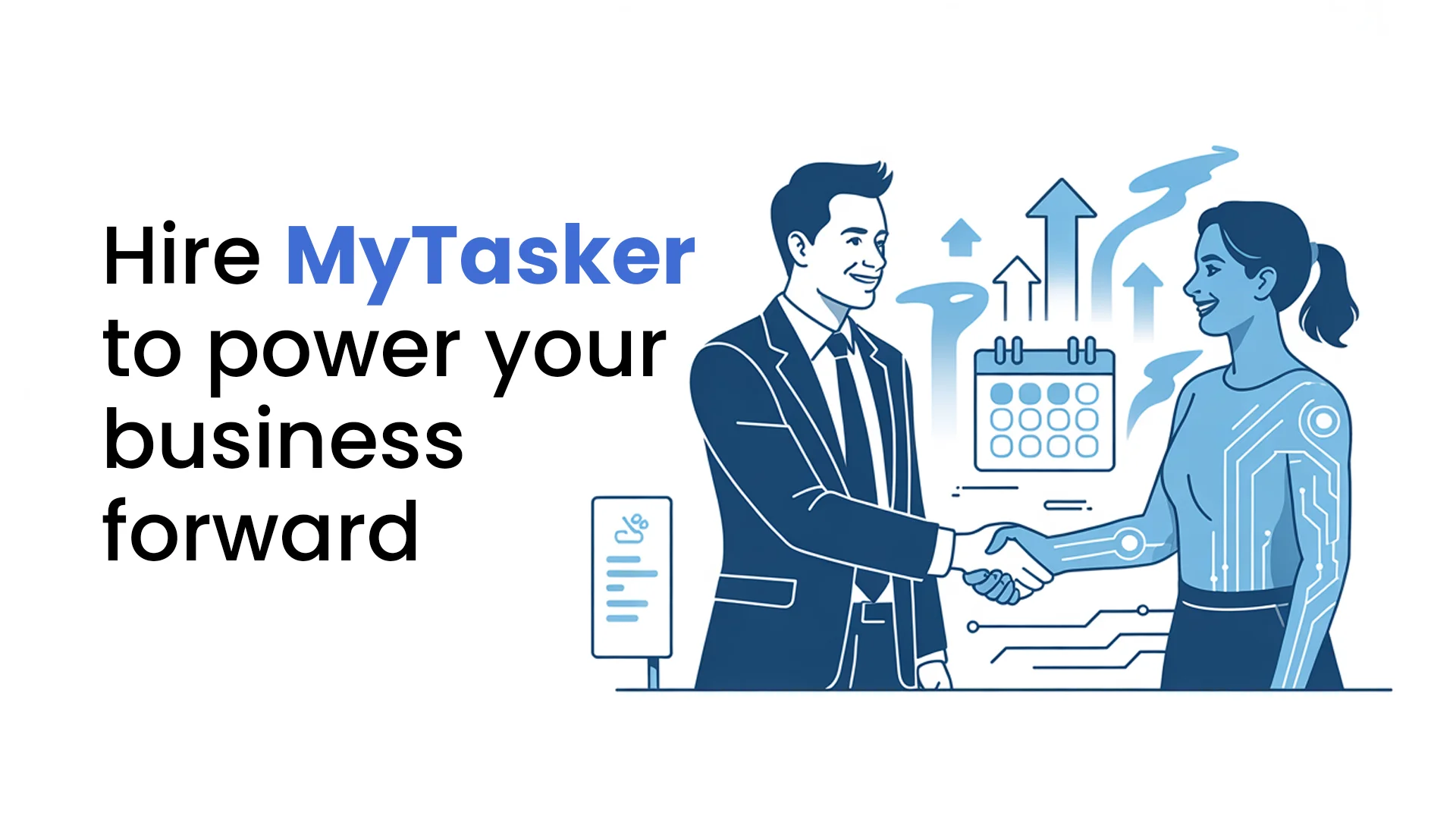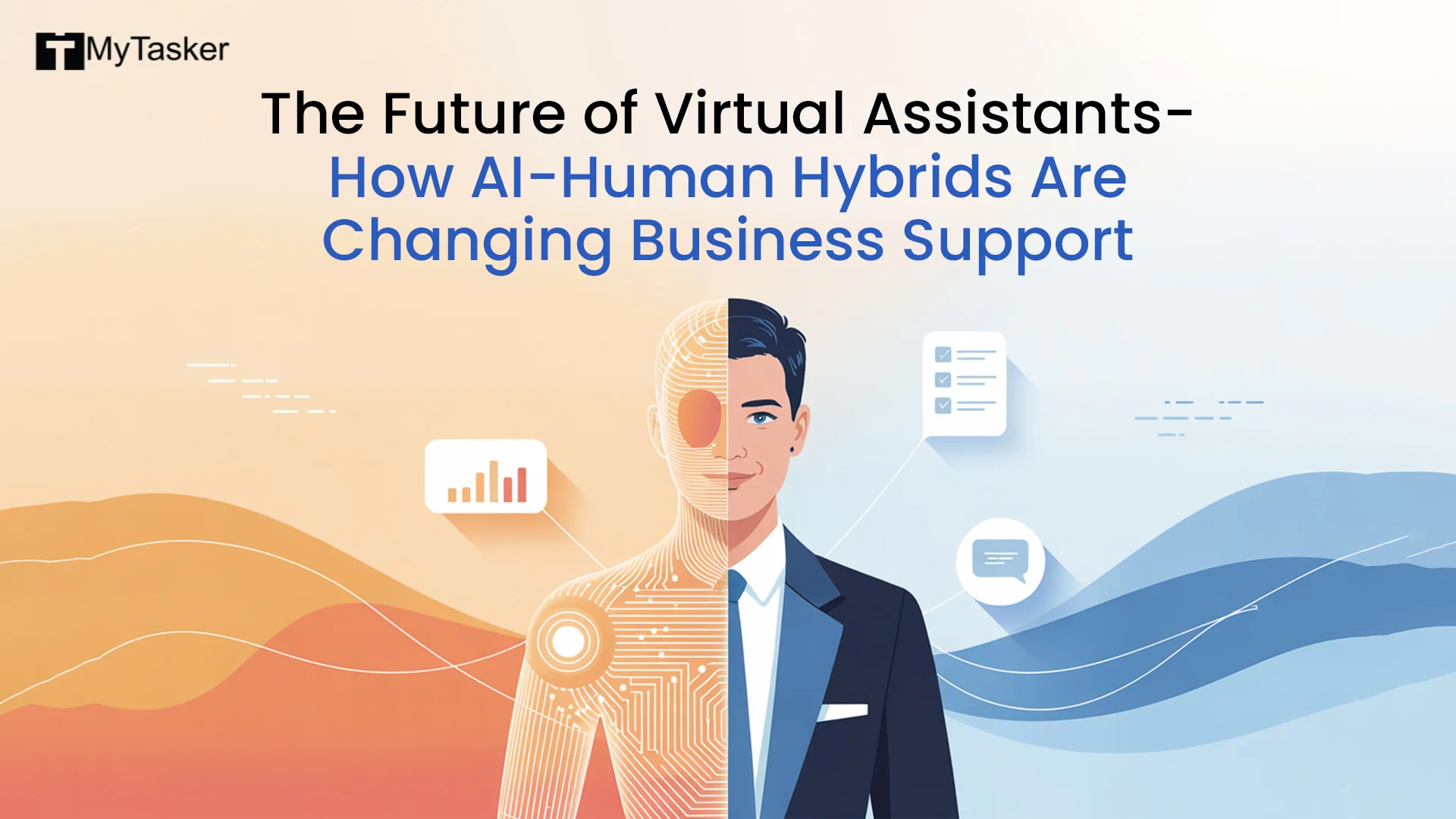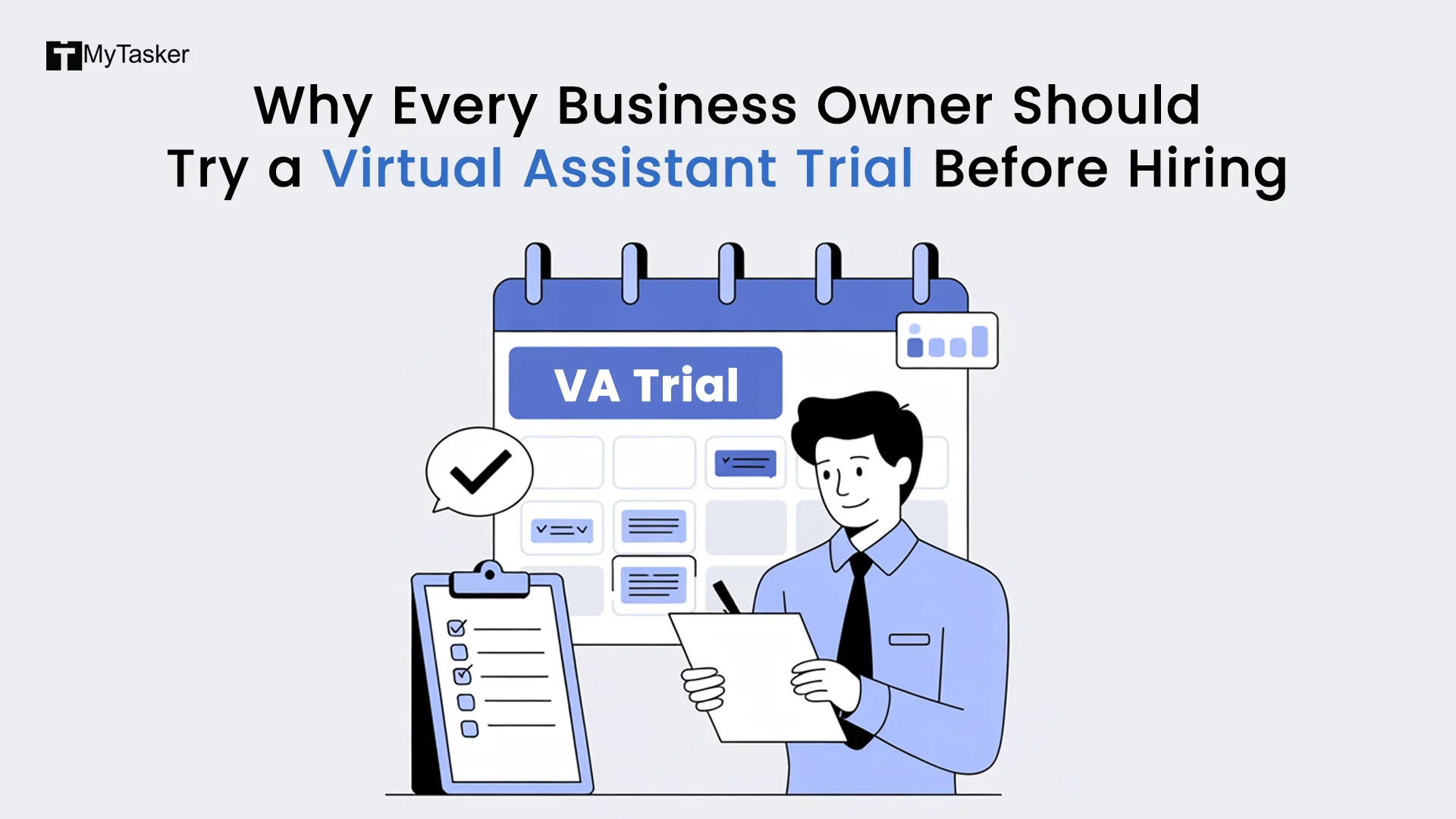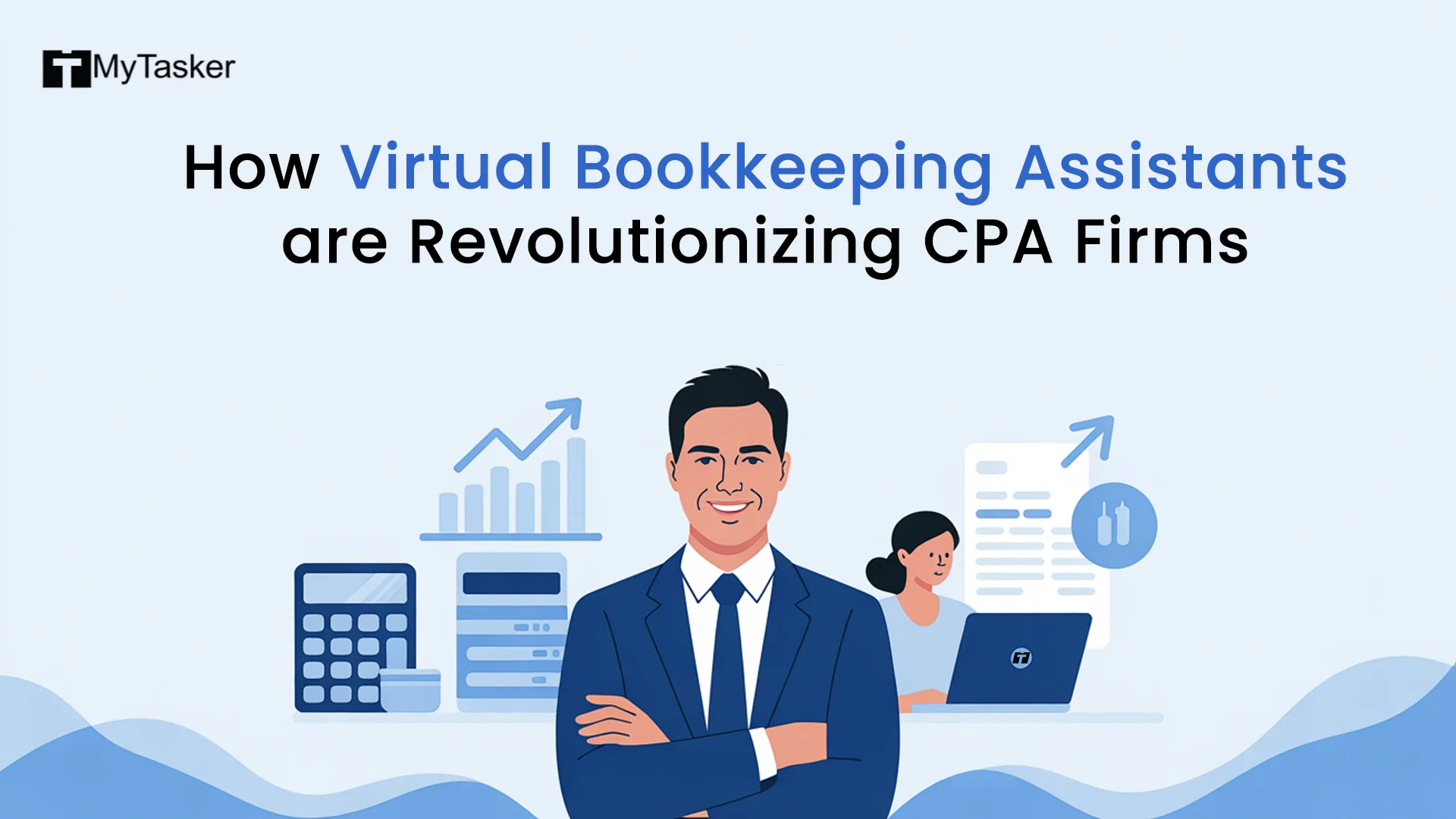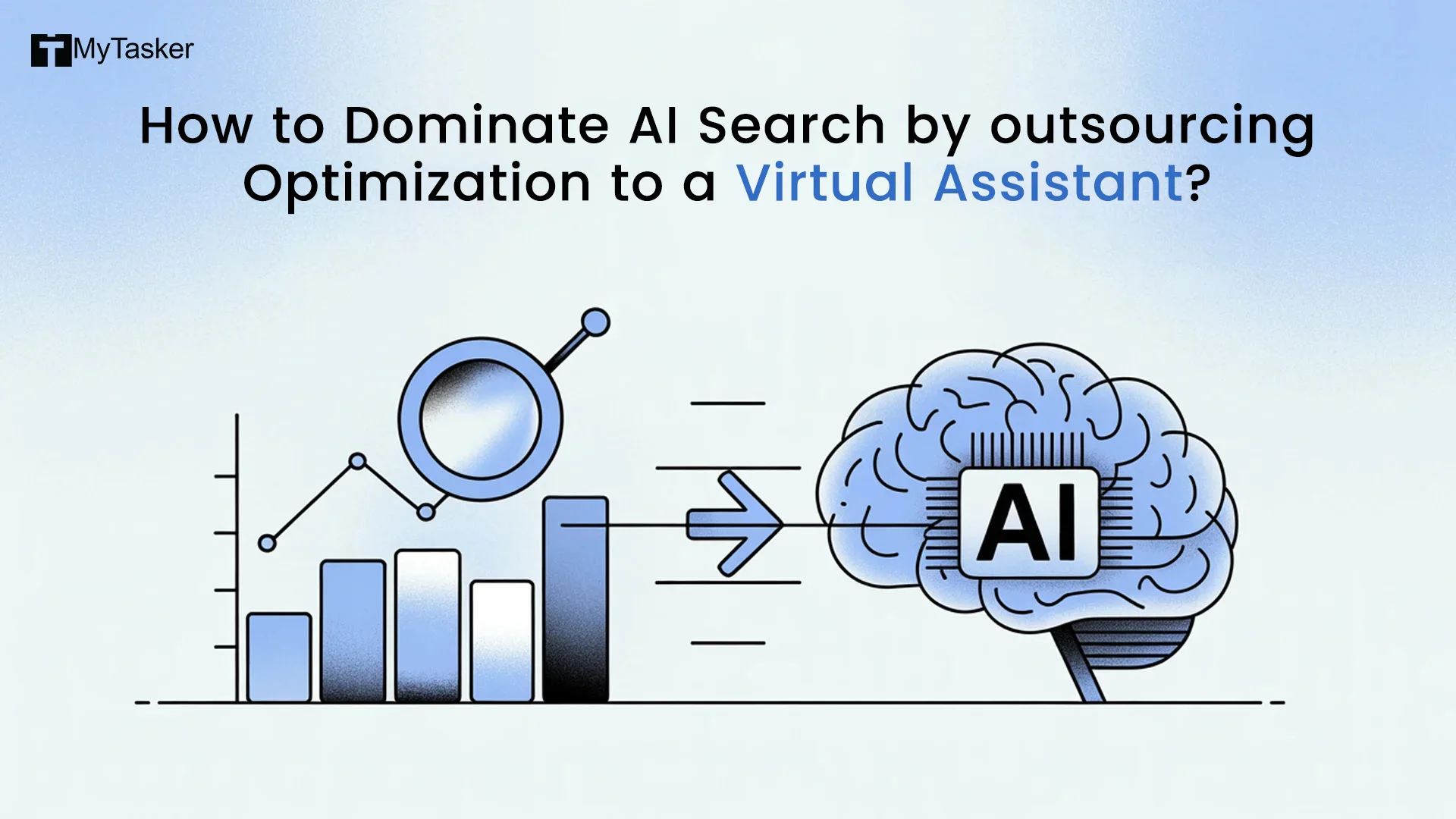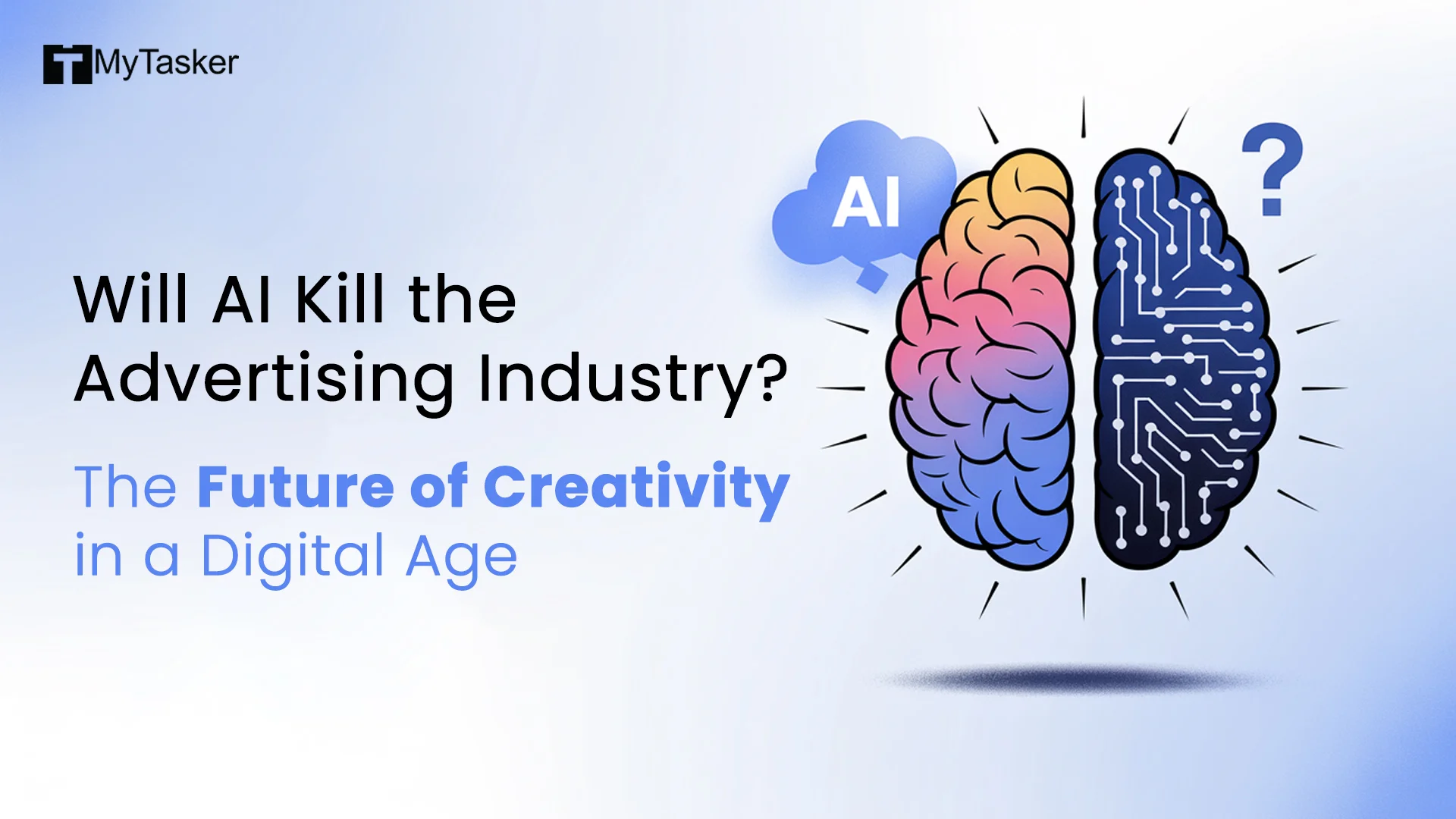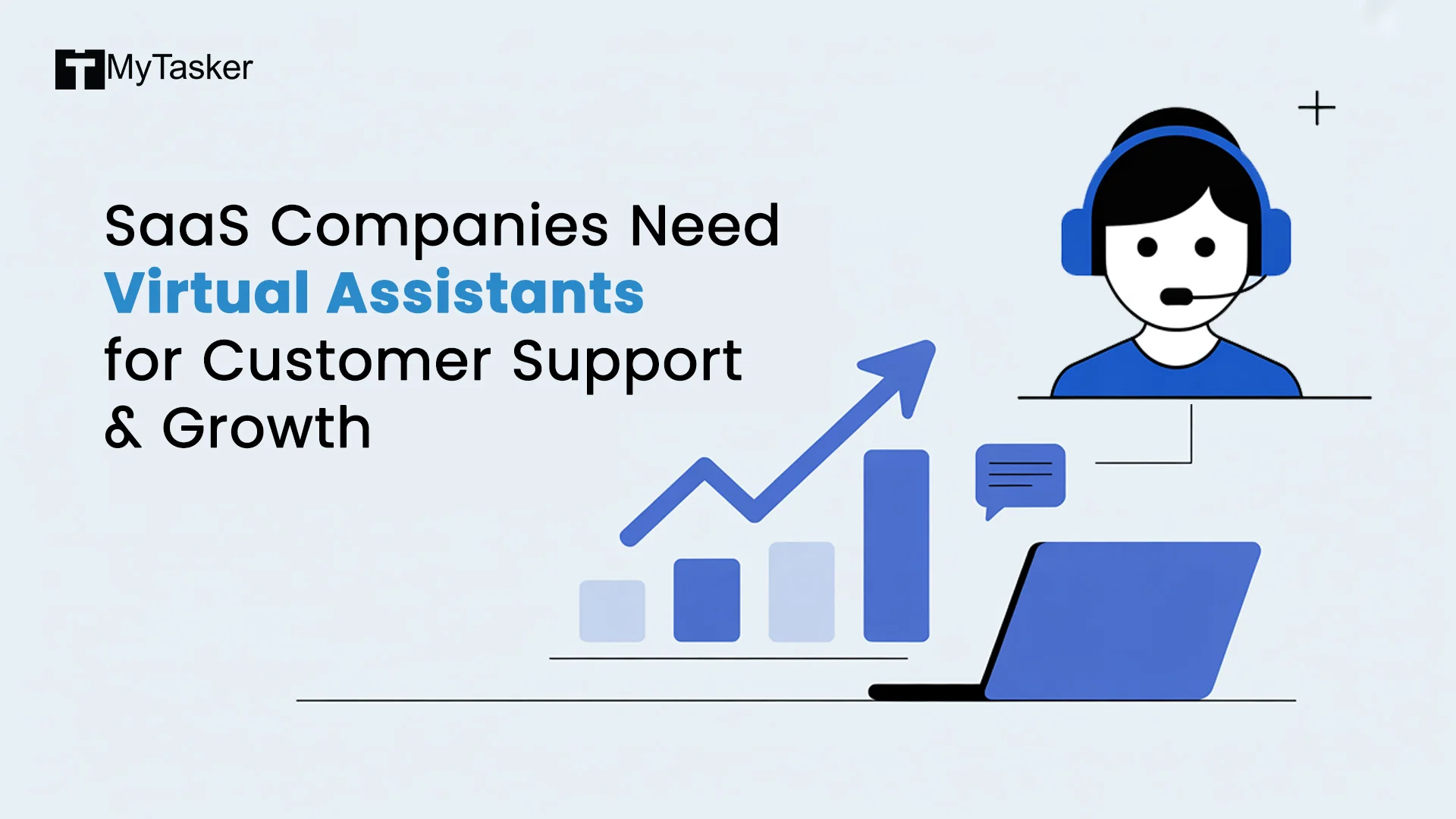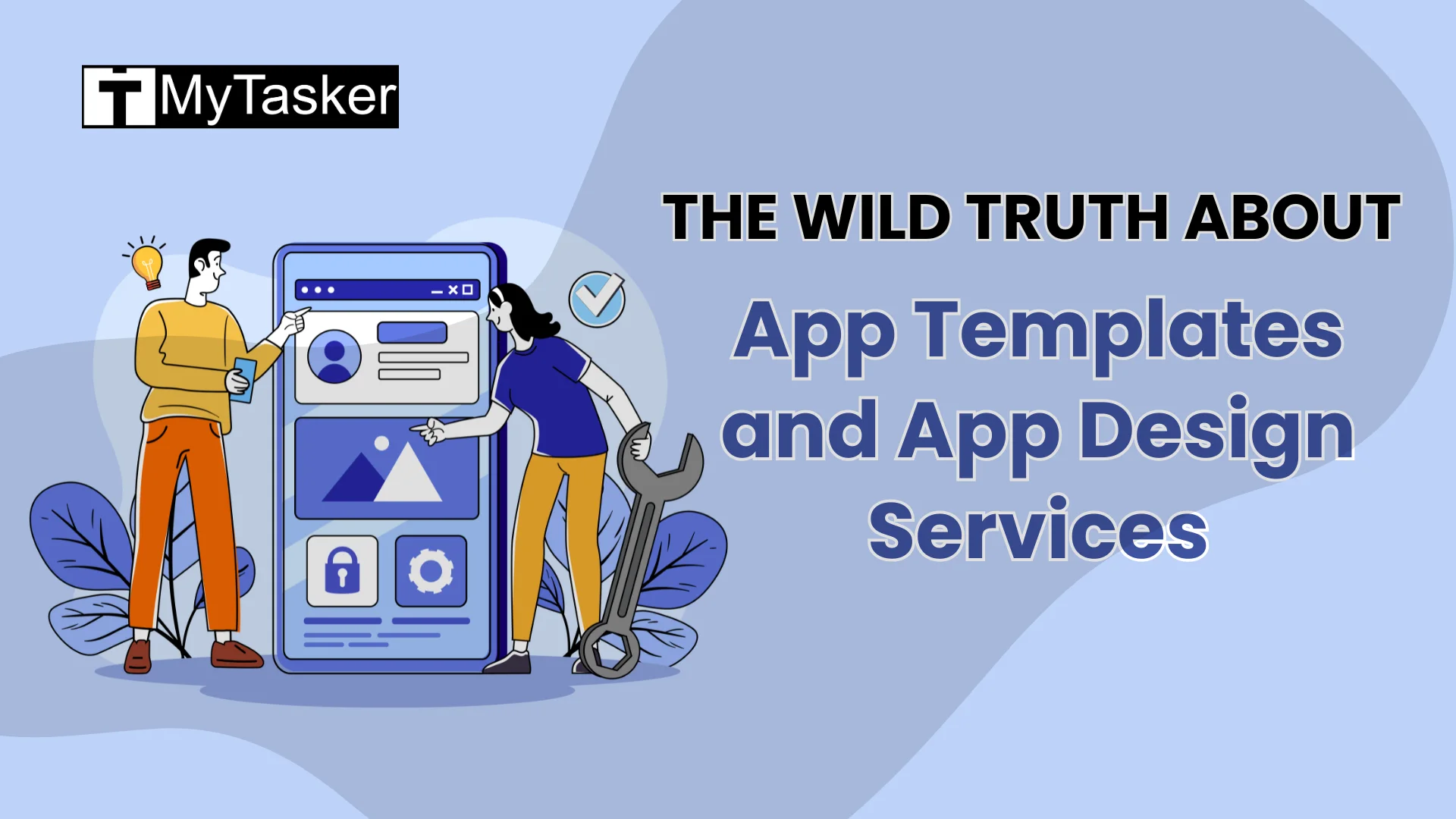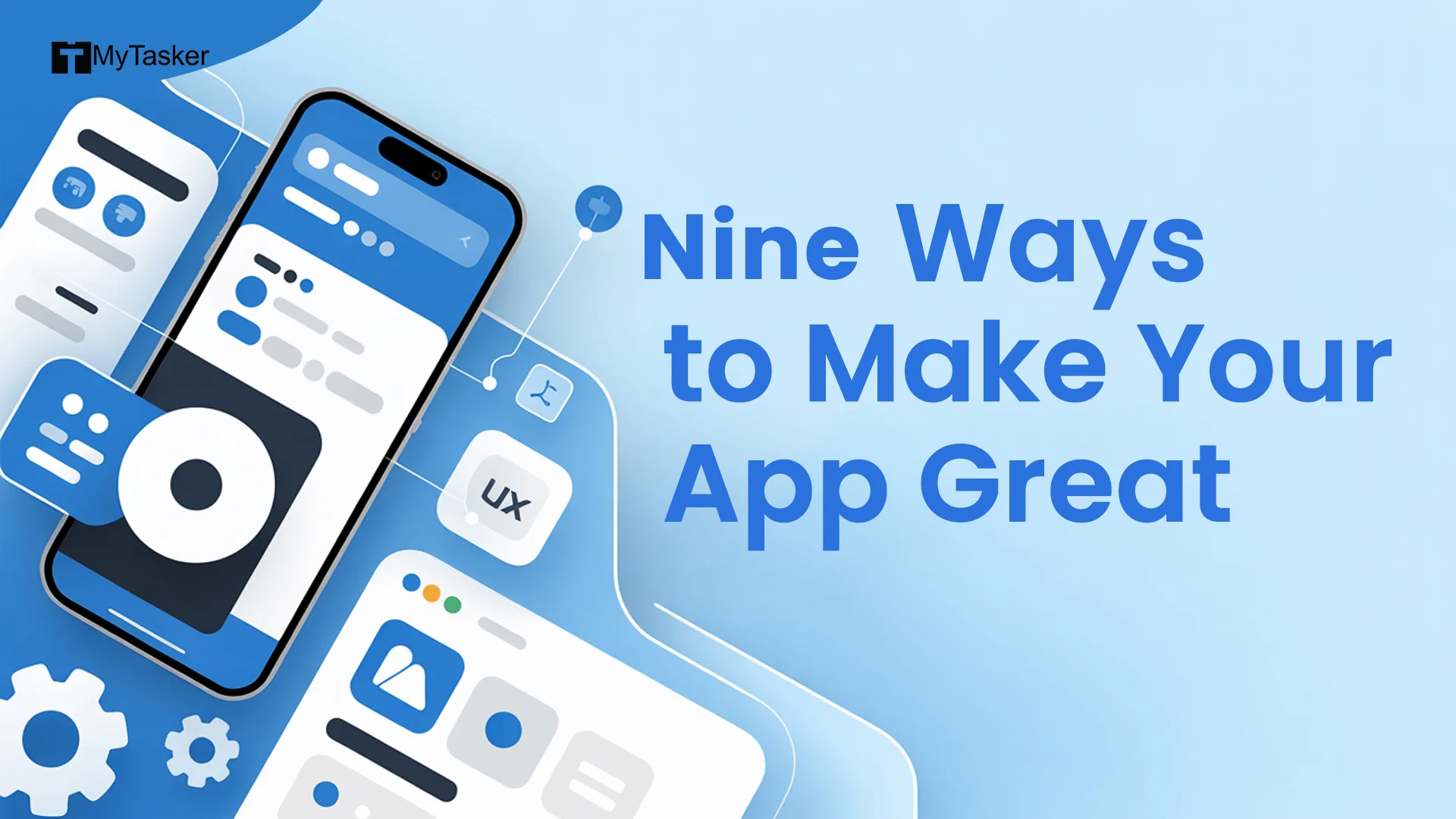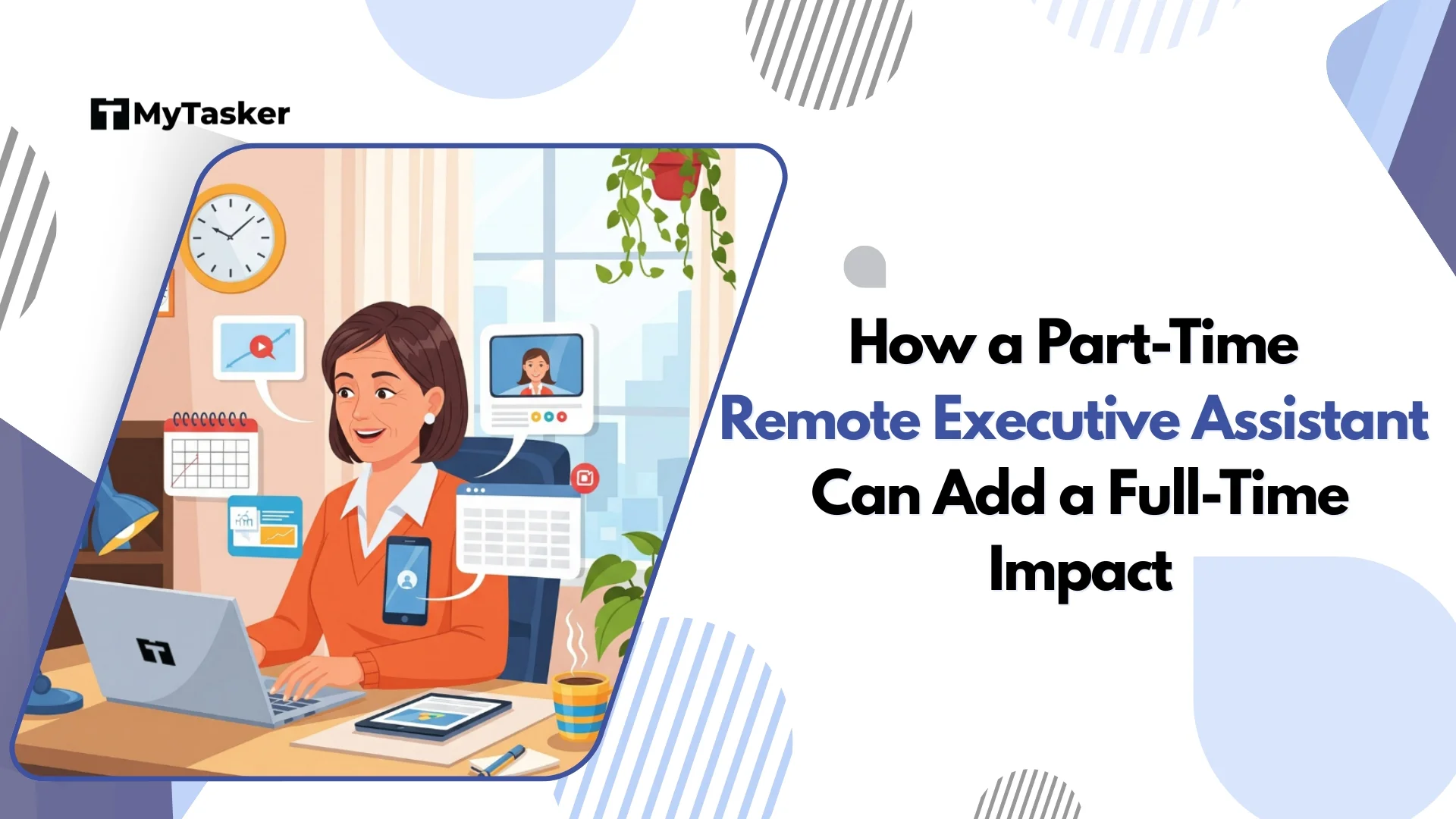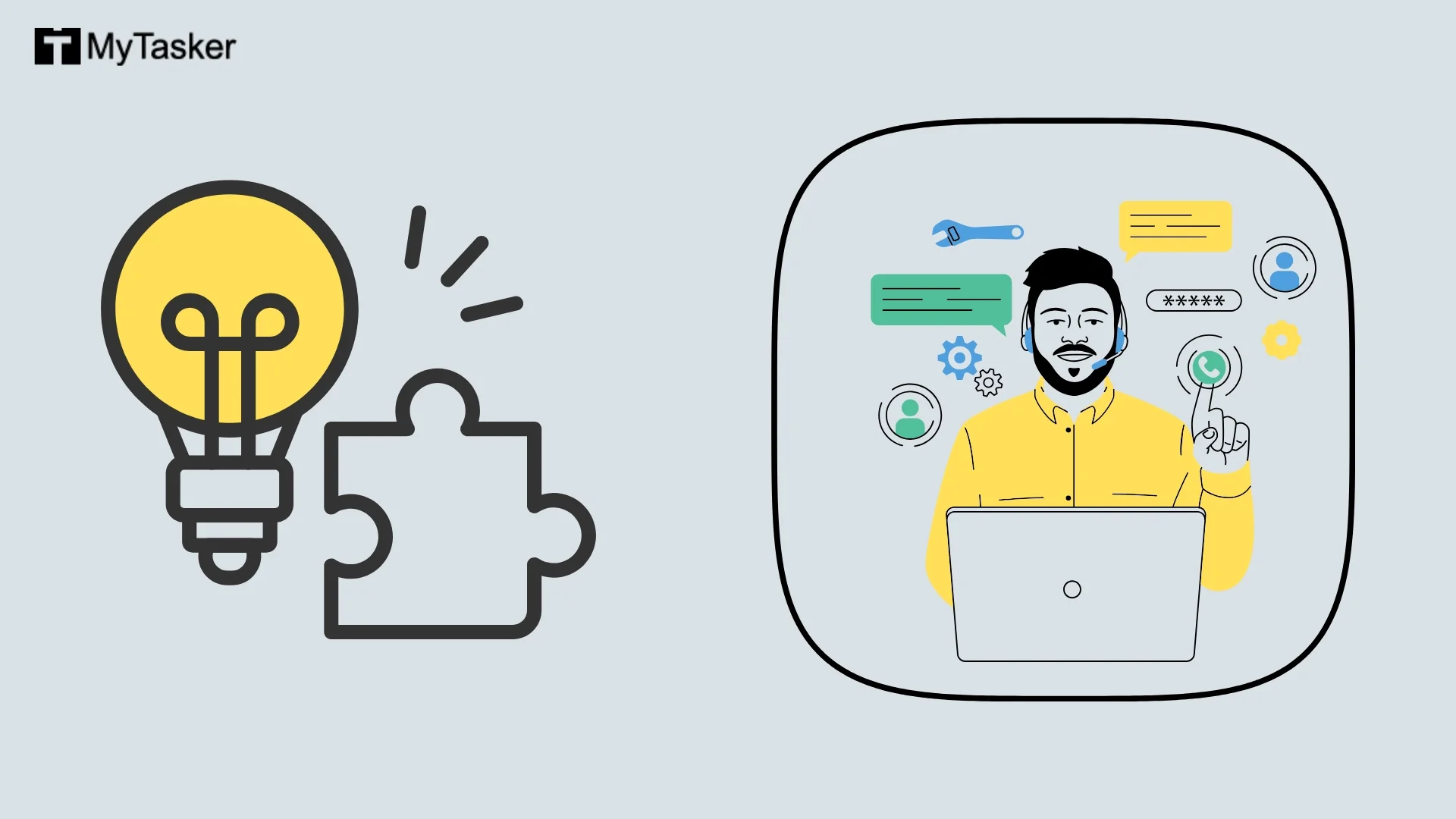Walk into any forward-thinking virtual assistant service company or look at their task report now and you’ll notice something has changed. The person behind the screen is no longer just a scheduler, researcher or gatekeeper.
More and more they are part-strategist, part-technologist—a quiet but crucial force driving business growth.
The rise of hybrid virtual assistants, those who combine artificial intelligence with human insight, is changing how businesses from New York to Nairobi, London to Bangalore get things done.
A New Kind of Assistant for a New Era
Once upon a time a virtual assistant’s day revolved around booking flights, updating spreadsheets or tracking down hard to find statistics. No more. The modern hybrid VA is as likely to be orchestrating a content marketing campaign as they are refining a sales automation workflow.
Take one of our long standing clients, a nutritionist based in Singapore. In the past she would submit her recipes and ask for macronutrient breakdowns. It would take our team hours of manual research to deliver. Today? A well constructed AI prompt generates the full nutritional profile in minutes.
Our human assistant now steps in to refine, verify and tailor the output to match her brand’s tone and client base.
We’ve seen the same transformation in the healthcare space. Where therapists would ask us for raw transcription services, they now upload audio to AI tools and ask us to edit, format and align transcripts to professional standards.
It’s no longer about typing; it’s about interpreting, polishing and aligning with broader business goals.
Content creation too has evolved. Clients often ask our team to use tools like ChatGPT, Gemini or Claude to draft content blueprints.
The assistant then weaves in nuance—relevant statistics, business context and brand tone. It’s no longer enough to generate content; it must resonate.
All of this means what used to be a 20 hour monthly subscription, consumed entirely by admin work, now stretches to include marketing, customer support, research and analytics. With AI doing the heavy lifting, the human mind is free to think—and create.
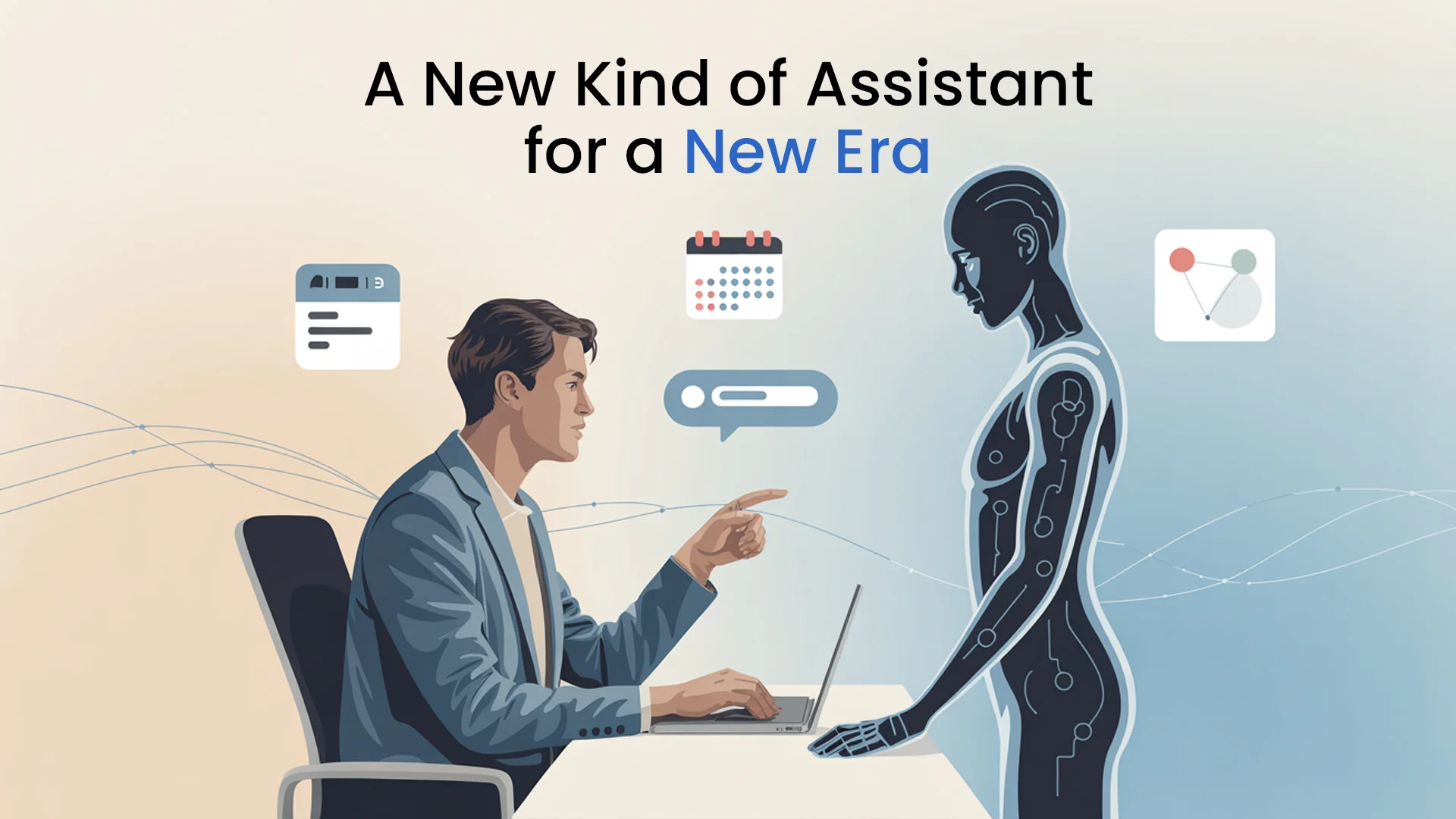
What are Hybrid VA Solutions?
Hybrid virtual assistant solutions combine automation with empathy. AI tools take on repetitive, data-heavy tasks like inbox management, calendar coordination, basic analytics or document drafts. But where the nuance matters—relationship building, strategy, tone—humans are still essential.
A hybrid VA might use Notion AI to sort client data, Zapier to build task workflows, and ChatGPT to sketch a content plan—before stepping in to shape the final product, optimize client communications or coordinate a campaign rollout. It’s a partnership between silicon logic and human intuition.
According to There is Talent, 40% of virtual assistants use AI tools daily to optimise their output. Industry chatter on X (formerly Twitter) reflects the shift: businesses now expect VAs to be strategic contributors, not just task takers. From streamlining operations in Canadian dental clinics to supporting solo entrepreneurs in Lagos, hybrid VA models are adapting across geographies and sectors.
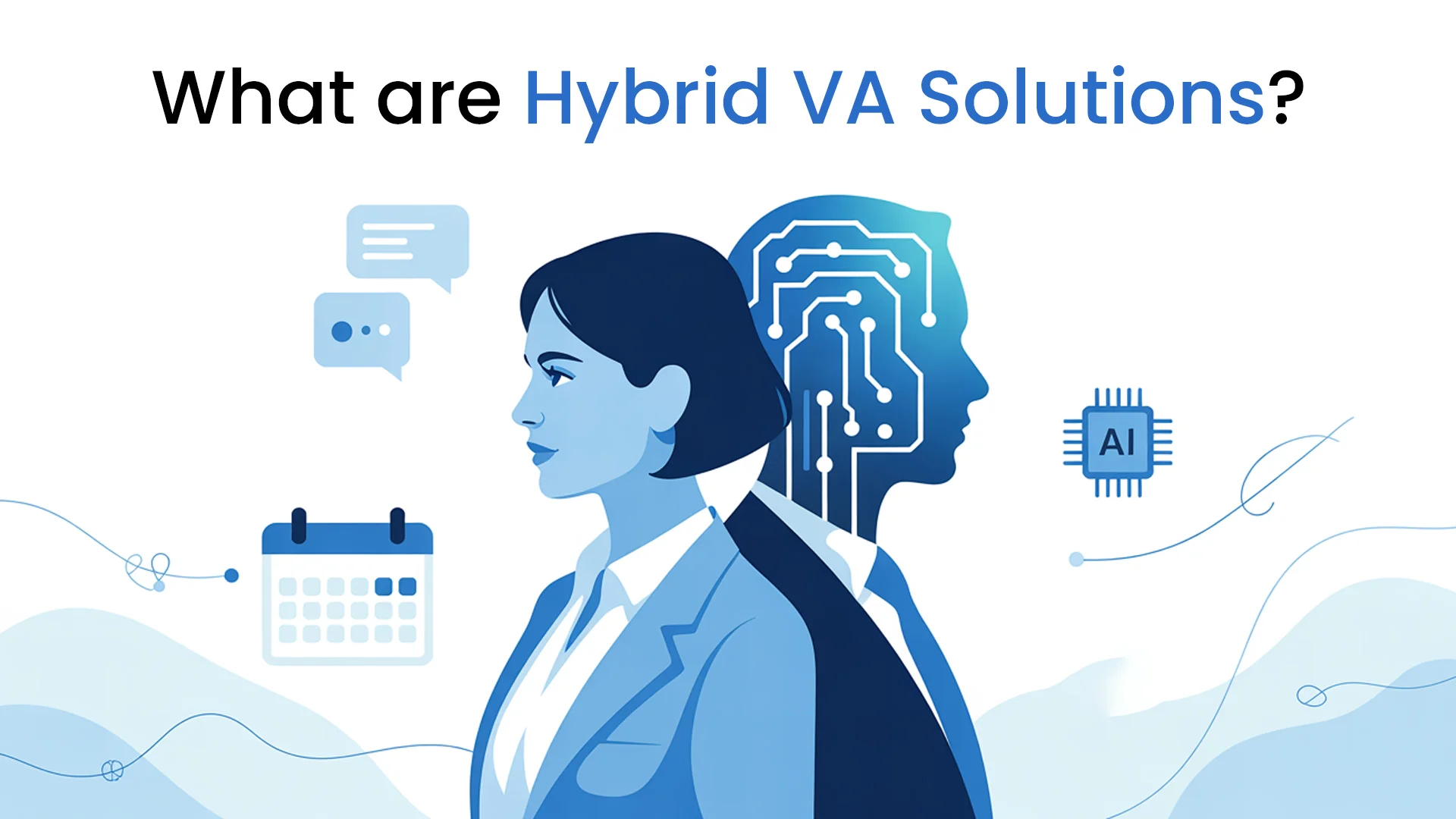
Why Businesses Are Turning to Hybrid VAs
The global virtual assistant market is projected to reach $9.67 billion by 2028 driven largely by AI and the normalisation of remote work. The hybrid model offers three compelling advantages:
Cost Efficiency
Hiring full time staff comes with a big price tag—salaries, benefits, office infrastructure. Hybrid VAs offer a better deal. According to TaskDrive, businesses can save up to 78% on operational costs.
Take a boutique tech startup in Toronto: they use AI powered chatbots to handle tier 1 support queries, while their VA—armed with industry knowledge—jumps in to handle client escalations. One assistant, multiple functions, minimal overhead.
Scalability on Demand
Scaling a business no longer means increasing headcount linearly. Need to launch a new product line in Southeast Asia? A hybrid VA can deploy AI to handle email outreach, update inventory data and localise web content, while also liaising with influencers or coordinating digital campaigns. This level of plug and play flexibility is a game changer for fast moving businesses.
Increased Productivity
By delegating routine tasks to AI, human VAs can focus on high value work. A VA in Kolkata might use Copy.ai to generate drafts for social posts, then focus on engaging directly with the client’s Instagram community. The result? More meaningful work—and measurable impact.
In one case a small e-commerce business in Manchester saw a 30% increase in sales within 3 months after hiring a hybrid VA to manage their Shopify store. AI handled product listings and basic queries; the assistant focused on upselling, responding to reviews and nurturing VIP customers.
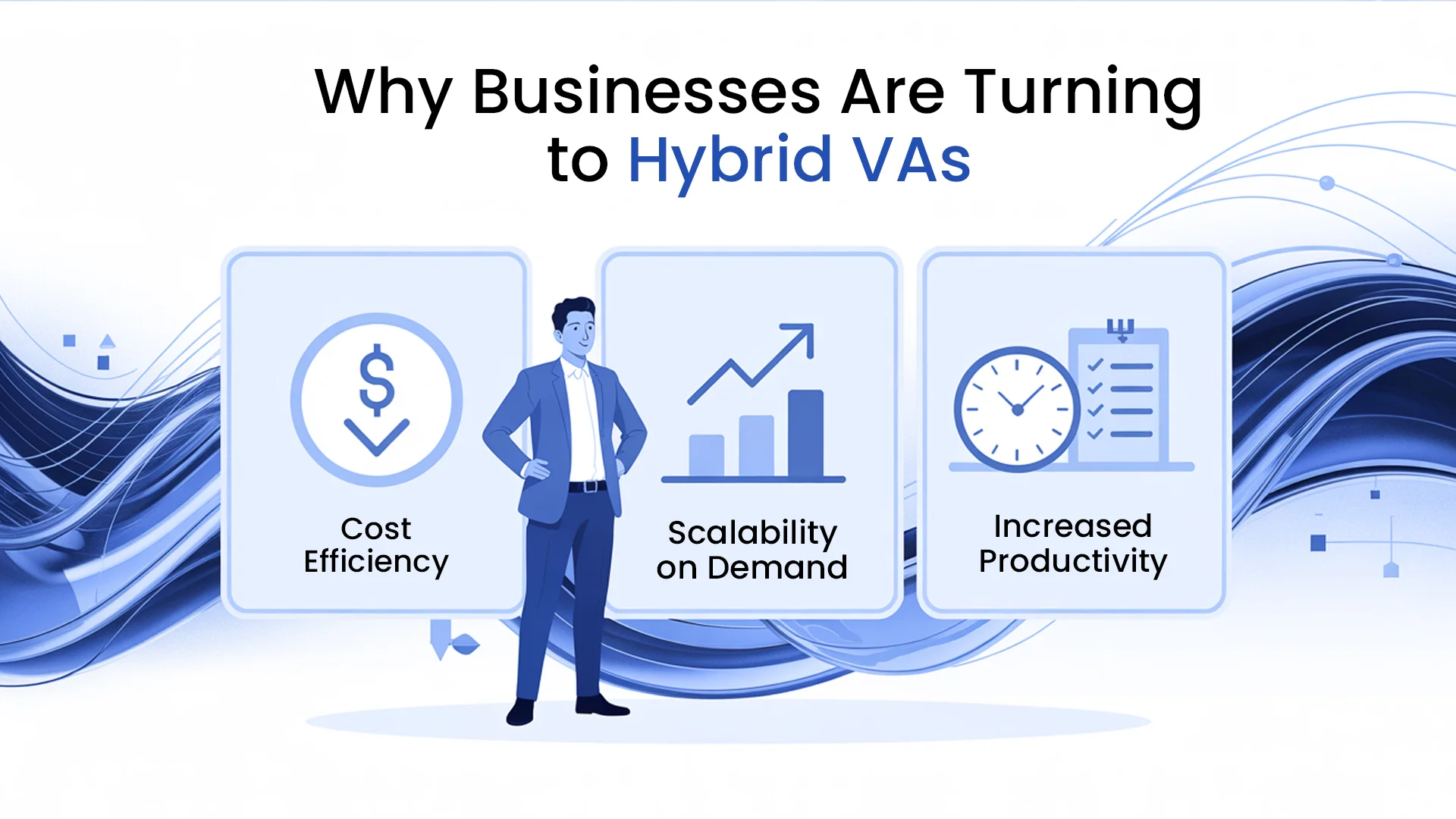
Sector by Sector Impact
E-commerce
In the competitive world of online retail, hybrid VAs are proving to be a game changer. AI can manage inventory tracking, SEO driven listing optimisation (using tools like Semrush), and automated customer support. Meanwhile the VA can deliver personalised follow ups, loyalty programme management and dispute resolution. According to Penbrothers, one client improved their conversion rate by 25% with this hybrid support structure.
Healthcare
Here precision and empathy are key. AI tools now manage billing, appointment scheduling and form processing. Human VAs follow up with patients, manage sensitive communication and ensure regulatory compliance. A clinic in Bangalore recently deployed a hybrid VA system and saw both cost savings and increased patient satisfaction scores within 6 months.
Digital Marketing
Few sectors thrive more on the combination of data and creativity. A VA might run AI driven SEO audits, use tools like Grammarly or Jasper to generate drafts and then tailor that content into newsletters, LinkedIn posts or ad copy. Agencies in London and Melbourne are already outsourcing campaign support to hybrid VAs—freeing up senior staff for core strategic work.
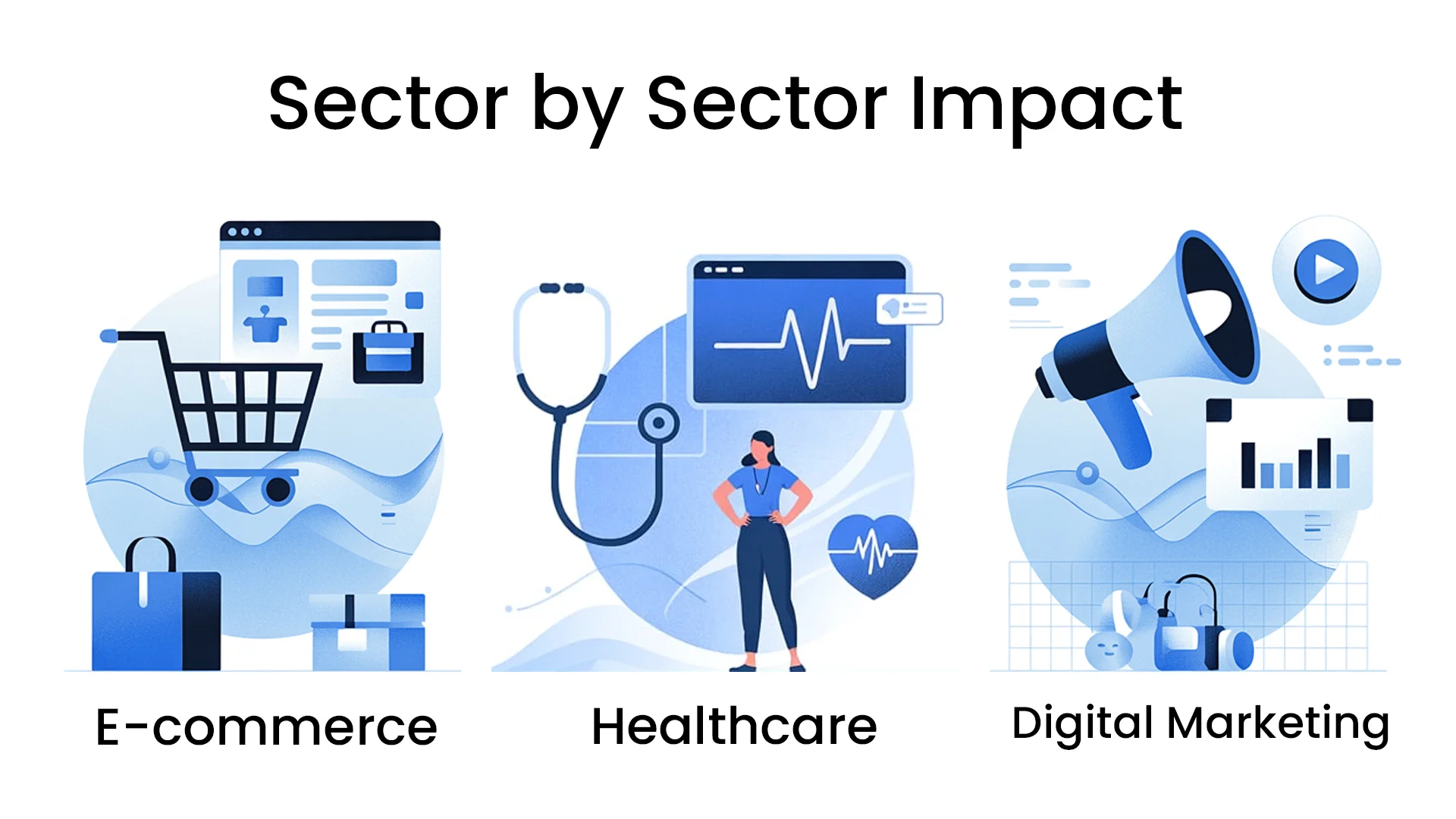
The Challenges Ahead
As with any major change, hybrid VAs come with their own set of challenges.
Upskilling Required
Technology moves fast—and VAs need to keep up. Proficiency in Zapier, HubSpot, Jasper or Slack is now table stakes. Agencies like MyOutDesk and Penbrothers are training assistants in the latest tech stacks. Meanwhile platforms like Coursera and Udemy offer self paced certification courses for independent VAs to stay competitive.
Data Security & Compliance
The rise of AI tools handling sensitive data raises concerns—especially in regions with strict regulations like the EU (GDPR) or the UAE.
Businesses must prioritise hiring Virtual Assistants who understand encryption, secure workflows and compliance protocols. Agencies should conduct regular audits and only deploy tools with robust privacy frameworks.
Finding the Right FitNot all VAs are created equal. Businesses must define their needs precisely and vet candidates accordingly—checking not just for experience but also for platform fluency and cultural compatibility. A UK law firm will require different skills than a San Francisco tech startup. Compatibility is key.
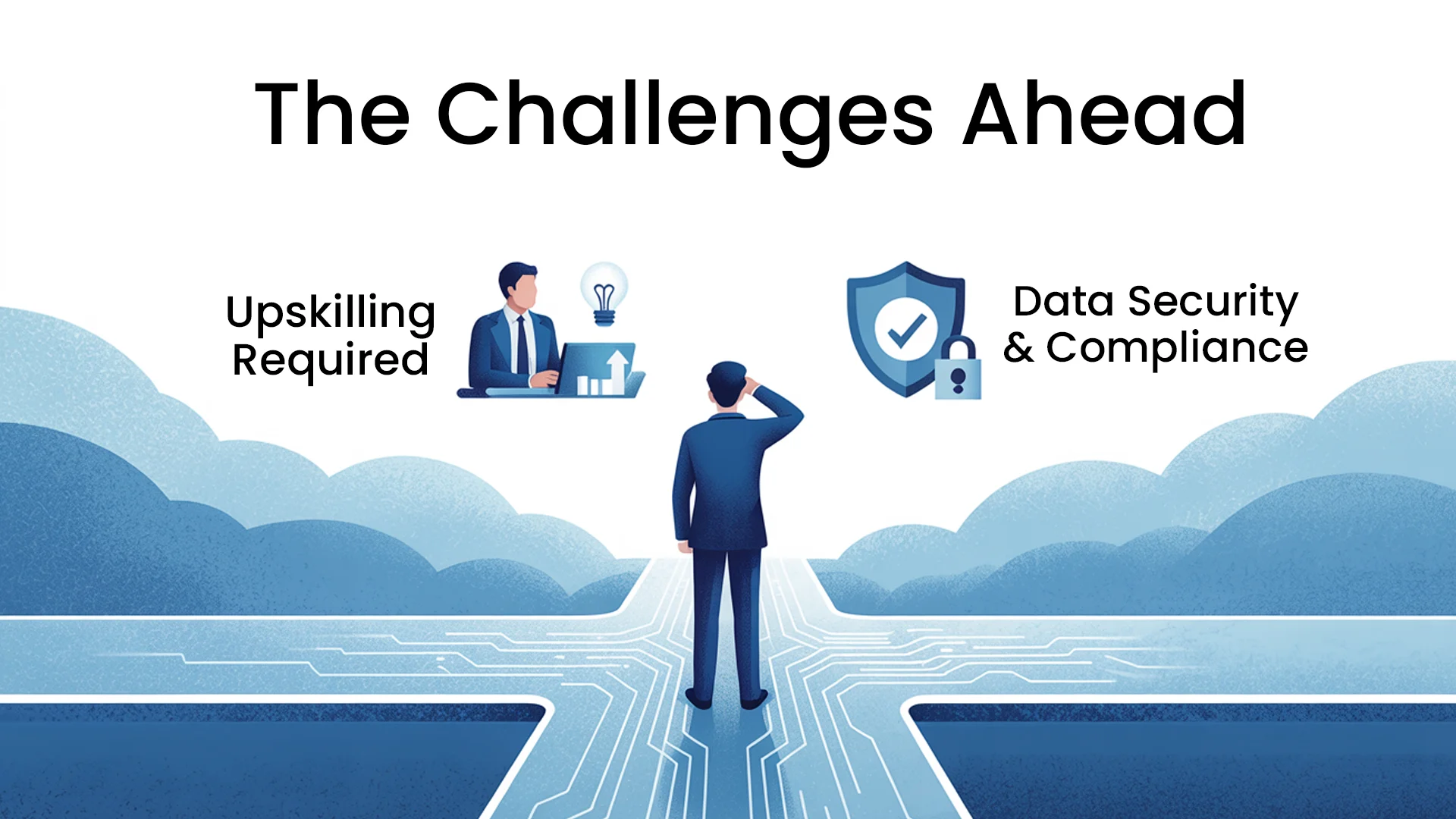
What’s Next
By 2026 over 100 million users worldwide will be interacting regularly with AI driven virtual assistants (Medium). As machine learning and natural language models continue to evolve VAs will be taking on roles involving predictive analytics, customer segmentation and even basic financial forecasting.
Industry specialisation is also on the rise. Legal VAs are using AI to draft contracts and manage case timelines. Financial VAs are helping SMEs forecast cash flow. Marketing Virtual Assistants are building omnichannel campaigns from AI generated assets. The future is not just virtual—it’s precision trained and domain deep.
And as more businesses come to realise the potential of these AI human hybrids the demand for strategic, tech literate VAs will only grow.

Conclusion
In a world driven by automation it’s easy to mistake efficiency for excellence. But hybrid virtual assistants remind us that the future of work is not about replacing people—it’s about empowering them.
In 2025 the most successful businesses won’t be the ones with the most tools. They’ll be the ones who know how to orchestrate them—combining the precision of AI with the intuition of human insight.
For business owners still using outdated support models the message is clear: the future is here. It’s time to adapt—or get left behind.
For tailored hybrid VA support explore our services. Whether you’re in Bristol, Boston or Bangalore—there’s a new kind of assistant waiting to power your business forward.
